Assisted Living
Discover Your Unique Rhythm of Life and Celebrate Connections
2
Discovering the Unique Rhythm of Life
In the tapestry of life, each thread represents a unique experience that contributes to the broader narrative of our existence. At Sagora Senior Living, the month of June honors this concept with the theme The Rhythm of Life, showcasing how our residents, through decades of diverse experiences, illustrate the beauty of connection and the richness of individual journeys. Each resident holds a story that not only defines their personal rhythm but enriches the community around them, bringing joy and inspiration to every corner.
The Soundtrack of Experience
Every elder has navigated a world of change and innovation—from the simplicity of handwritten letters to the convenience of instant digital communication. The vast landscapes of their lives are filled with milestones like raising families, embarking on career paths, volunteering, and traveling the globe. These experiences create a unique melody, a rich soundtrack that deepens their perspective and fosters appreciation. By celebrating these stories, we not only honor their struggles and successes but also learn valuable lessons about resilience and joy.
Connecting Through Community
Establishing and nurturing relationships are essential elements of life’s rhythm. Whether connecting with family members, participating in community activities, or training for volunteer roles, human interaction ensures that warmth and support permeate our existence. As loneliness can be a significant concern for many seniors, fostering connections through shared interests—like attending events or forming clubs—enriches lives, reduces isolation, and brings vibrancy to the community.
Embracing Lifelong Learning
The act of learning is like adding new notes to the ongoing symphony of life. Engaging in new hobbies or educational pursuits serves not just practical purposes but also energizes the mind. Whether it’s picking up a new skill like digital photography or enrolling in art classes, the joy of discovering something new breathes life into daily routines. It keeps the mind agile and encourages personal growth, reaffirming that no matter our age, there’s always a new note to learn.
Movement: The Heartbeat of Wellness
Physical engagement is vital for both mental and physical well-being. Gentle exercises, such as walking or stretching, can significantly improve health without being overwhelming. Moreover, dancing to beloved tunes not only enhances fitness but also uplifts the spirit, creating a joyful experience that resonates with the body’s rhythm. This approach emphasizes that maintaining physical health can be a joyful, fulfilling journey rather than a chore.
The Power of Giving Back
Contributing to others can drastically shift one’s own rhythm of life. Acts of kindness, whether through mentoring younger generations or simply being a listening ear, offer a profound sense of purpose. Volunteering is a beautiful way to harness one’s skills for the enrichment of others, and it fosters a sense of relevance and connection that adds significant meaning to life.
Finding Joy in Simple Moments
In our fast-paced world, embracing the simple moments often brings forth the greatest joy. Whether it’s admiring a sunset, sharing a laugh, or enjoying a leisurely afternoon, these small yet significant experiences fill our lives with meaning. By allowing ourselves to pause and appreciate the present, we open ourselves to the gentle music of life, enhancing our overall well-being.
Reflecting on the Rhythm of Your Life
Ultimately, life is a unique composition made up of varying rhythms and melodies. By engaging in meaningful relationships, pursuing knowledge, maintaining physical health, and embracing joy in everyday moments, we can all improve our life’s rhythm. Observing and celebrating the stories and experiences of others reminds us that we are all connected in this symphony of life, and together we create harmonious verses that inspire.

 Add Row
Add Row
 Add
Add

 Add Row
Add Row
 Add Element
Add Element

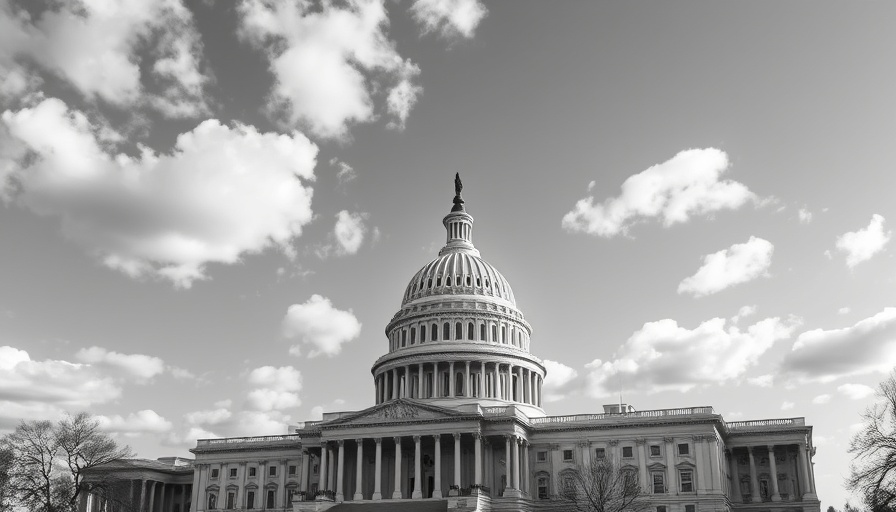
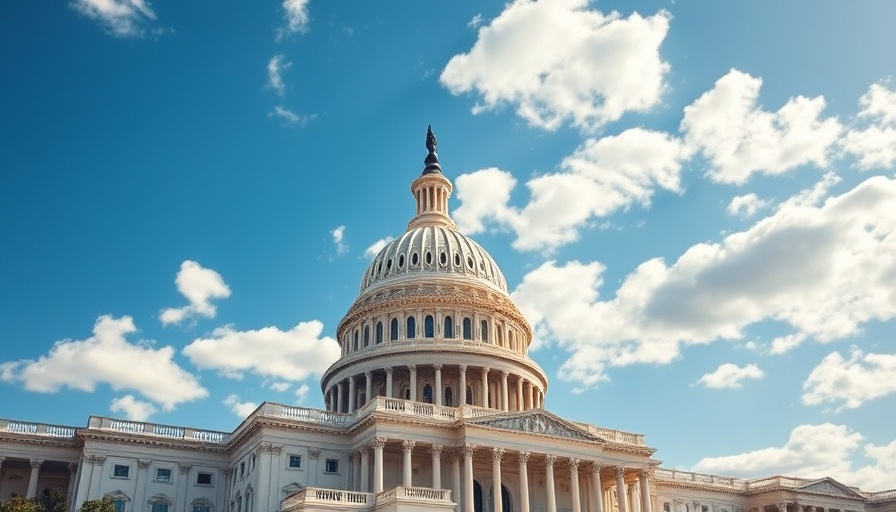

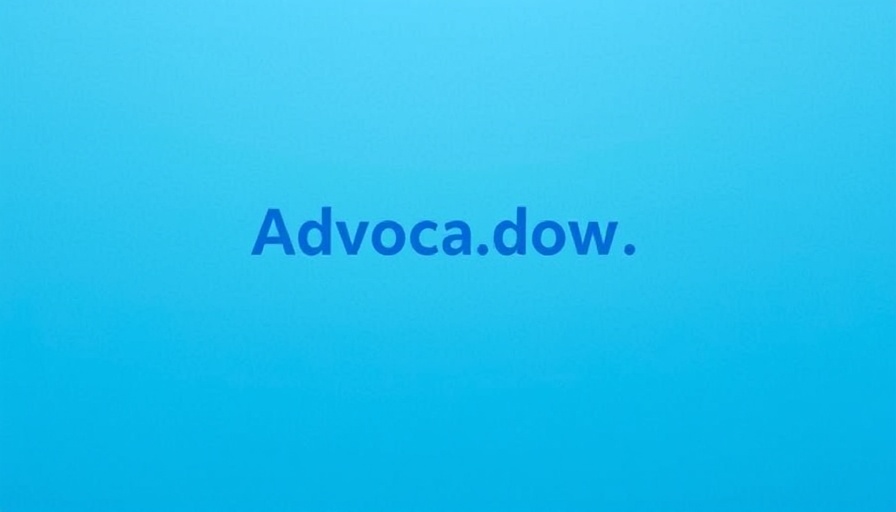

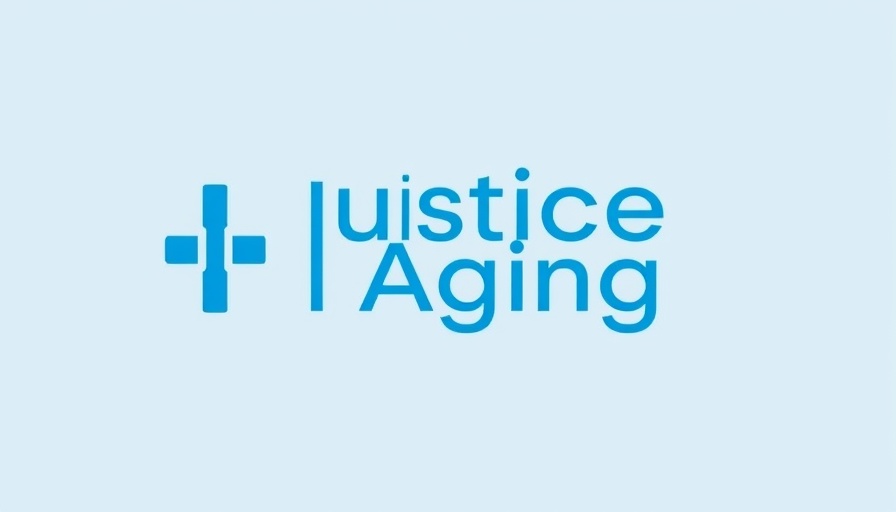



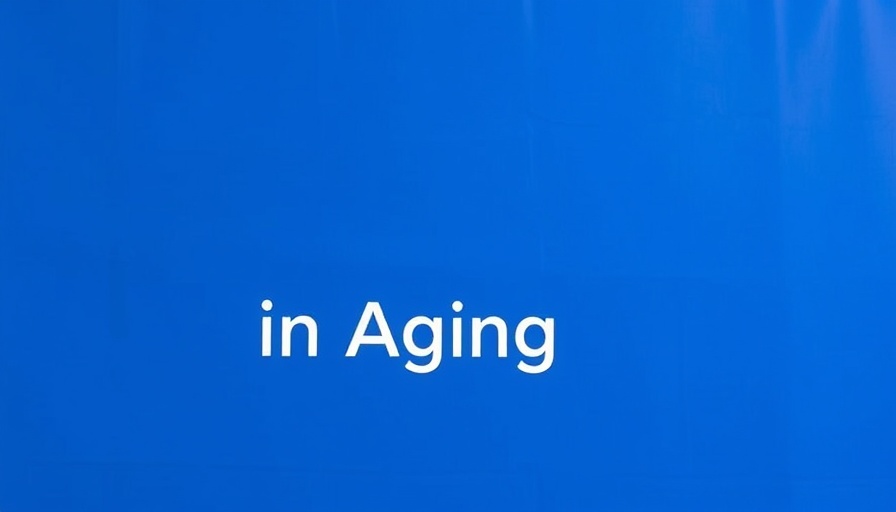
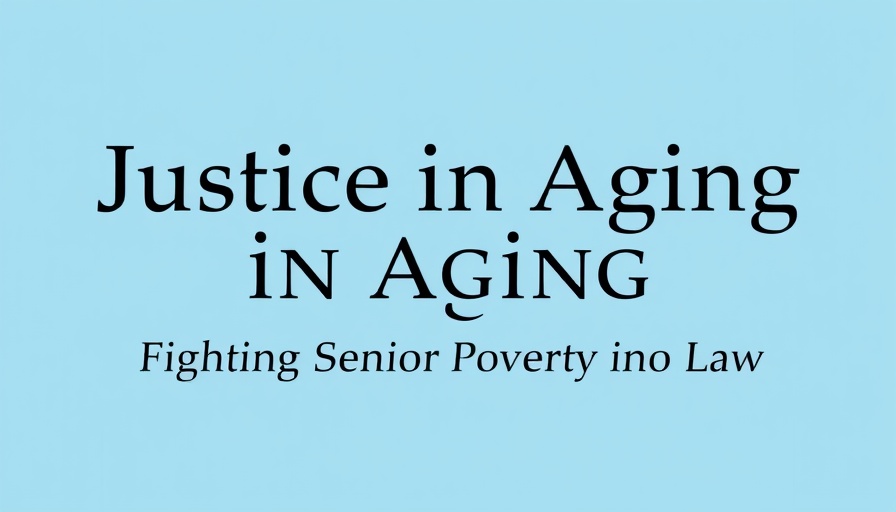

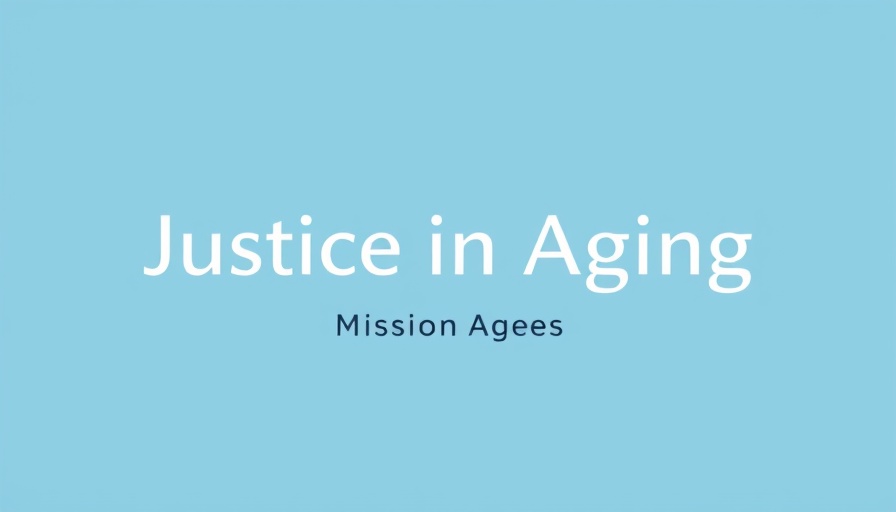
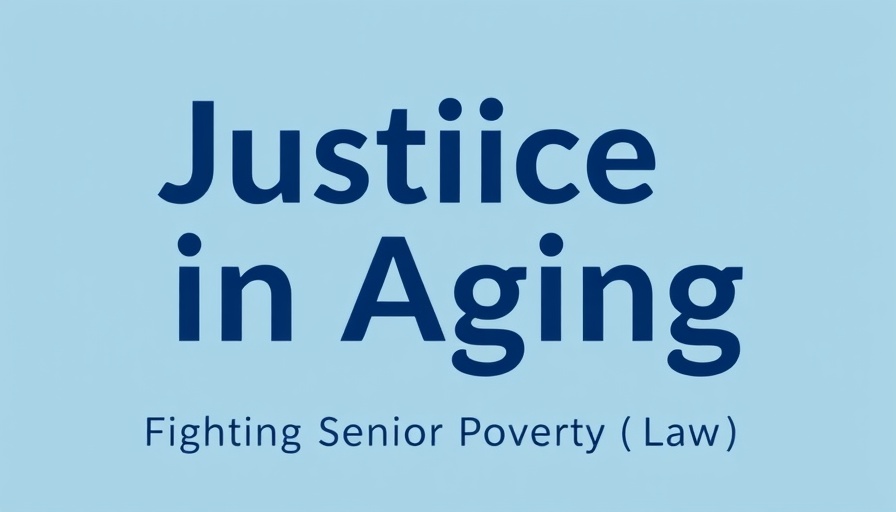
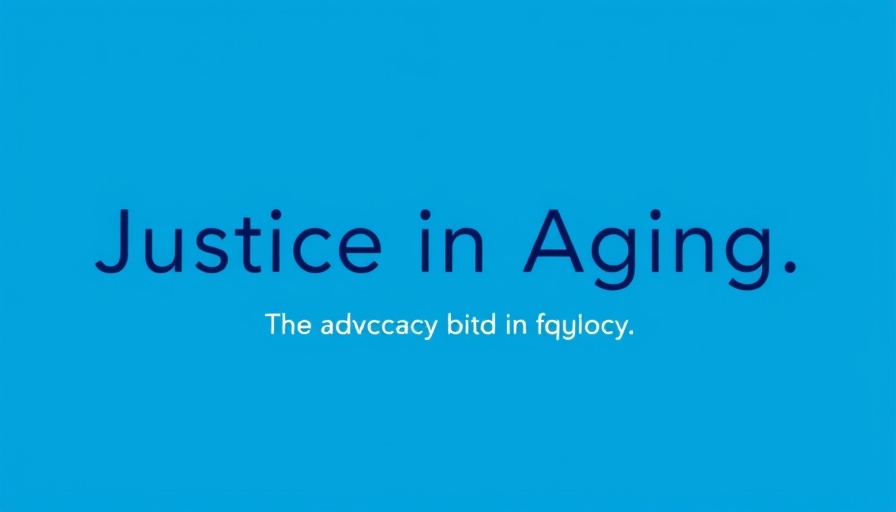
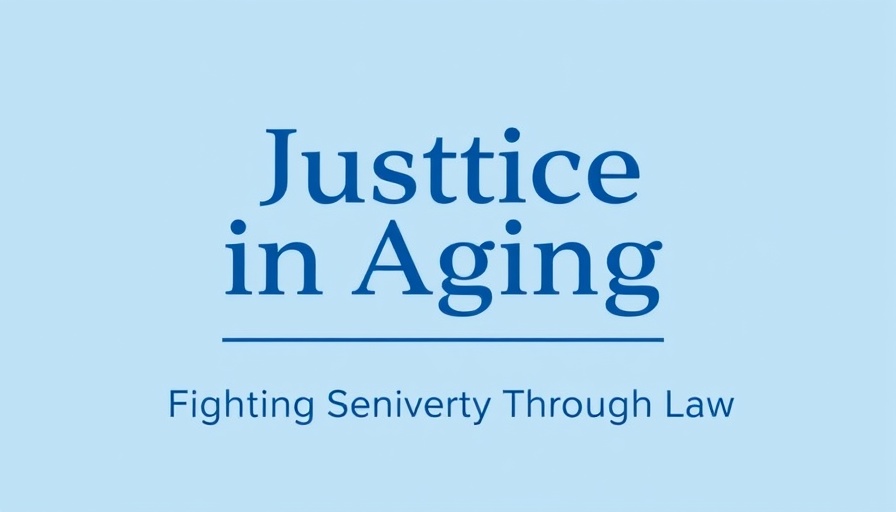
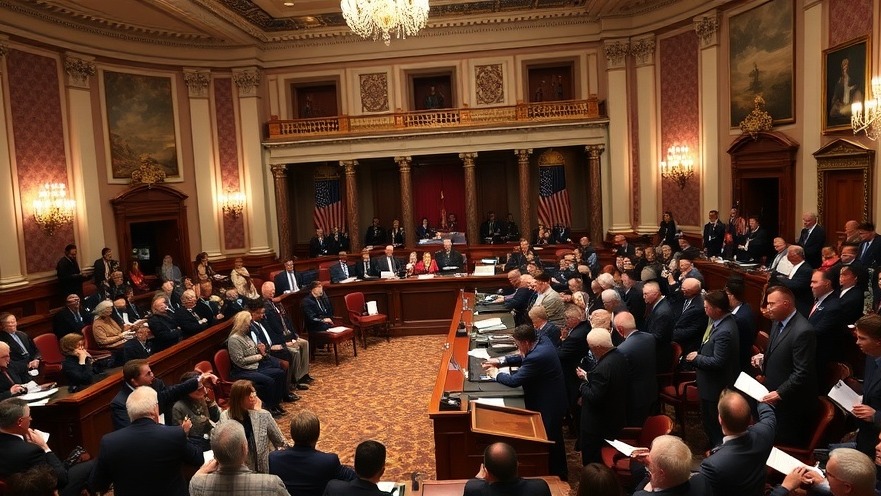







 Add Row
Add Row
 Add
Add

